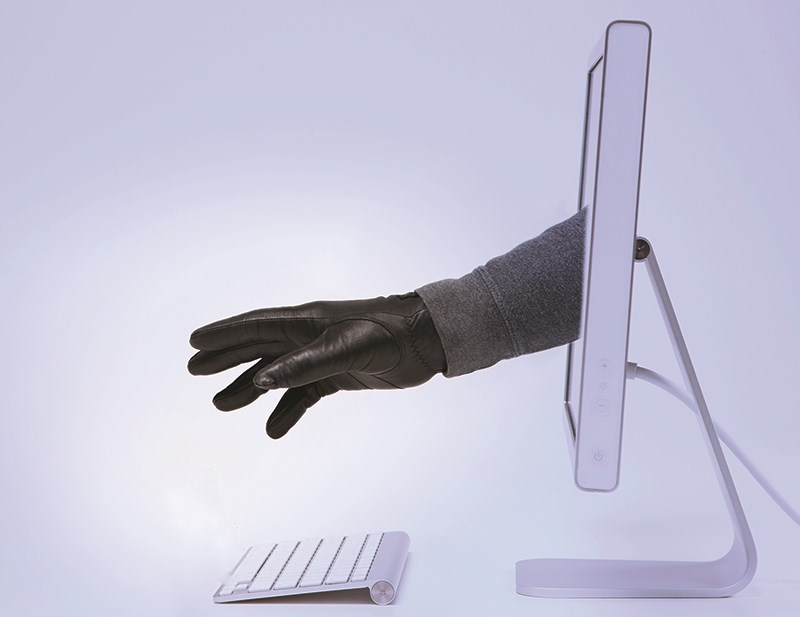Troy Shantz
U.S. presidential candidate Hillary Clinton isn’t the only one upset about Russian cyber attacks these days.
A Sarnia-based cultural organization was victimized this summer by hackers who seized its computer system and demanded a ransom to unlock the files and data.
A director with the non-profit agency, which The Journal has agreed not to name, opened a computer file in July and discovered names and numbers had been replaced with bizarre-looking digits.
She opened an older version of the same document from a year earlier and found the same thing.
An on-screen pop-up announced: “This file has been converted to a Zepto file.” She called an IT professional and learned the organization was in trouble.
“The bottom line was that we were totally encrypted,” the director said.
The computer was infected with a type of malicious software called ransomware, which encrypts sensitive data until it can only be unlocked with a keycode.
The hackers demanded $2,000 in bitcoins, an online currency that’s nearly impossible to trace.
When the director contacted law enforcement she was in for another surprise. Sarnia Police, the OPP and the RCMP all said they couldn’t help.
“It’s international and you can’t trace that,” said Detective Sergeant Brent Patterson of the Sarnia Police Service.
“A lot of it comes from Russia, and we have no jurisdiction there anyway.”
Cyber attacks are not uncommon. The Journal is aware of two other businesses that were recently victimized.
Last year, Canadians were affected by 1,600 ransomware attacks a day, according to a recent Global TV report.
The malicious software installs itself after arriving, usually as an email attachment, and infects the entire computer network.
It targets randomly, with no preference to geographical location, another police source said.
In the case of the local cultural organization, the board of directors reluctantly agreed to pay the ransom and be done with it. But it wasn’t that easy.
“The whole process of securing bitcoin was so complicated – not so much if you’re an individual, but if you’re a non-profit entity – that it really was a huge, complicated and lengthy process,” she said.
They eventually gave up and decided to proceed with business as usual, minus nearly eight years worth of important organizational data.
“We are still recovering,” the director said. “It is tremendously slow and difficult. For the most part, everything has to be recreated now. I can’t begin to tell you what this has done to us. It has been a nightmare.”
IS YOUR COMPUTER SAFE?
To protect yourself from ransomware experts recommend you:
* Maintain up-to-date anti-virus software.
* Back up your computer’s data on an external hard drive, and keep it disconnected.
* Be cautious of any unsolicited emails or emails from addresses you’re unfamiliar with.
